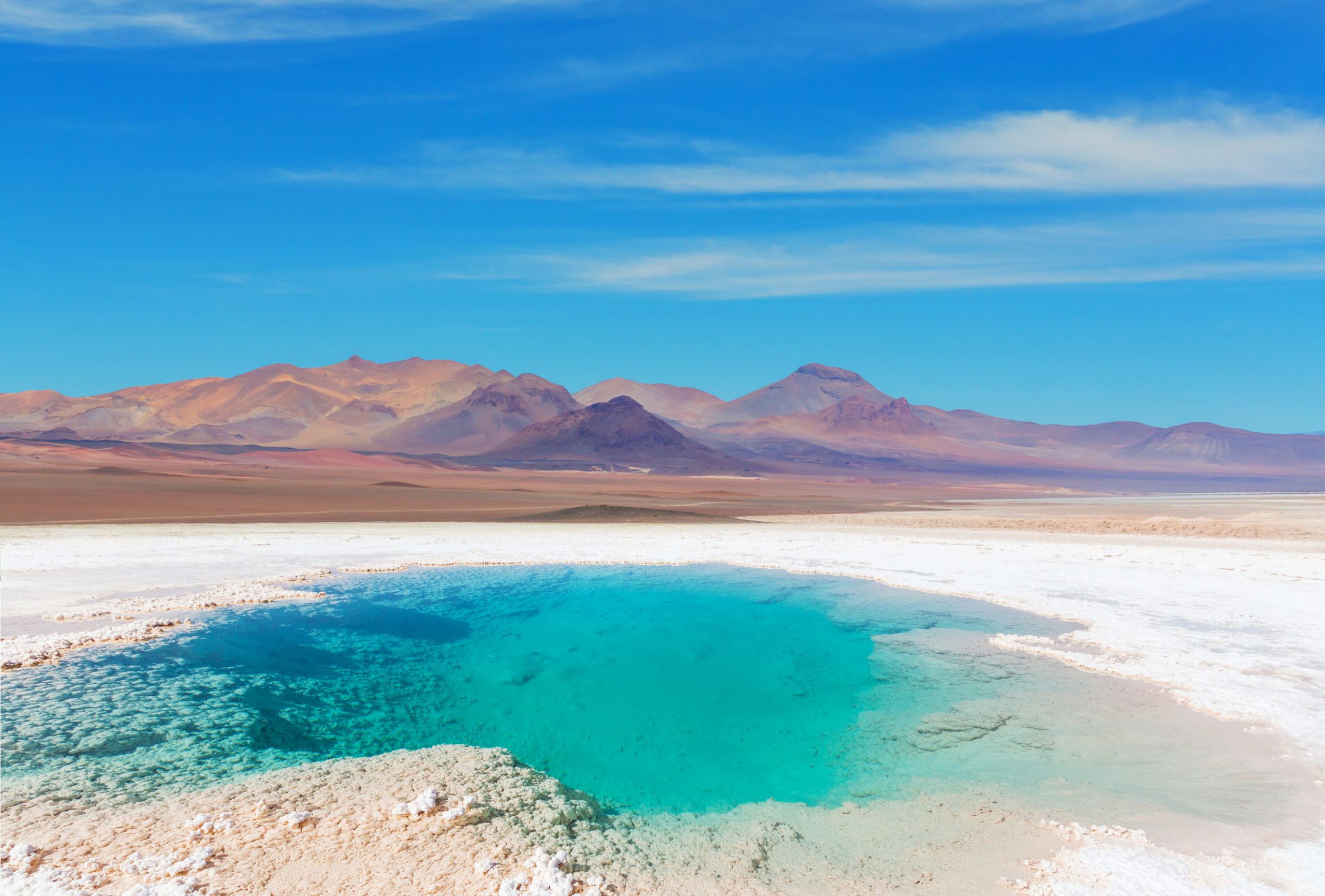Brian McCowan, Zondits staff, 11/30/2023
With the purchase of a 120,000-acre site in Arkansas that sits above the giant Smackover Formation, a huge limestone aquifer spanning 600 miles across several states from Texas to Florida, Exxon Mobil (Exxon) plans to become a major U.S. supplier of lithium. Lithium is a critical element in modern rechargeable batteries, including those used in electric vehicles.
The land was purchased earlier this year and Exxon is now preparing to initiate its first lithium drilling operation. The Smackover aquifer has been tapped for decades for oil, gas, and Bromine brine, according to the Liskow Energy Law Blog, and now multiple mining firms in addition to Exxon are exploring the Smackover aquifer for lithium.
The lithium in the aquifer is suspended in a brine solution which will be extracted and processed to segregate the lithium content. The depleted brine, termed tailbrine, is then reinjected into the aquifer. This direct extraction method differs from most large-scale lithium production which relies on large evaporation ponds. Exxon states that this extraction process is less expensive with lower environmental impacts than evaporation processes.
According to Liskow, Arkansas offers an advantage for drilling sites, as past legislation and court cases have dealt with brine mining for bromine production for over a decade. The processes are similar, setting legal precedence for the lithium mining operations. Locating Smackover drilling sites in other states would likely involve considerable negotiation over drilling rights, as previously awarded drilling rights are typically not broad enough to cover the extraction of lithium brine.
The Smackover operation is part of a $17 billion investment by Exxon in clean energy including carbon capture, hydrogen, and biofuels. The company plans to supply battery-grade lithium by 2027 and aims to support the manufacture of one million electric vehicles by 2030.
Exxon’s Dan Ammann, Low-carbon Solutions President, told CNBC, “We want to get in early. We want to lead the way on domestic production of lithium, do it with a very favorable environmental footprint, and set that as the standard.” Currently, the U.S. relies almost exclusively on lithium imported from Argentina and Chile, and Ammann sees domestic production as crucial for the transition to clean energy. The only operating commercial-scale lithium mine in the U.S. is the Silver Peak mine located in Nevada and operated by the Albemarle Corp. Another Nevada site at Thacker Pass has been embroiled in a legal challenge brought by Indigenous tribes wishing to preserve the history of the U.S. Army 1865 massacre of 30-50 Paiute tribal members including women and children who were hiding in Thacker Pass.
A report published by the battery industry group Li-Bridge predicts that U.S. demand for lithium batteries will grow six-fold by 2030. Although only about 1% of the current U.S. vehicle fleet is electric, EV sales grew 50% in the third quarter of 2023 compared to the same period last year, according to Cox Automotive, an industry marketing group.
Ironically, according to CNBC, a research scientist at Exxon invented the lithium battery in the 1970s but the company ultimately didn’t pursue the technology.
Read more:

